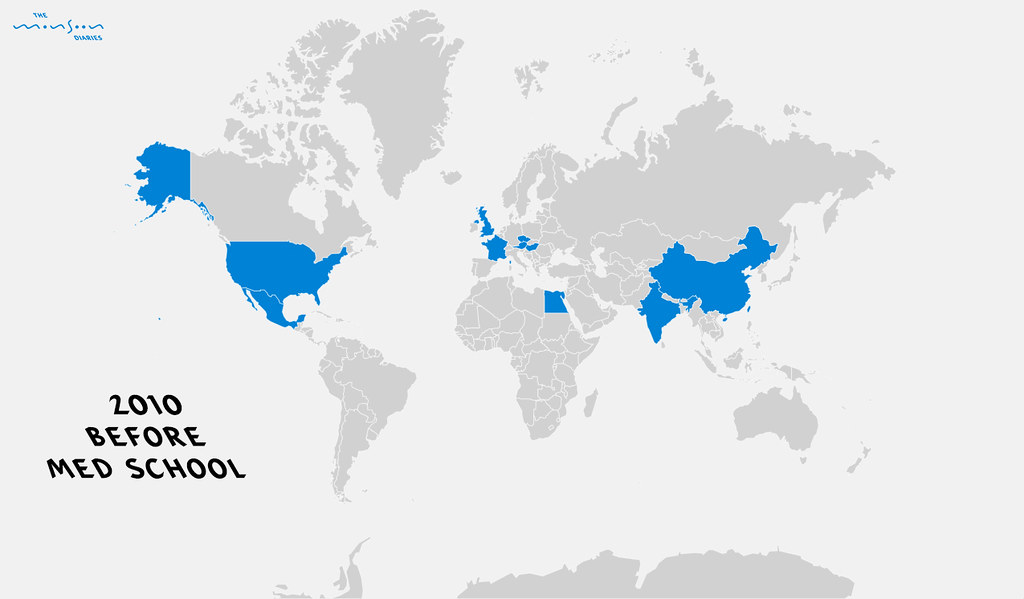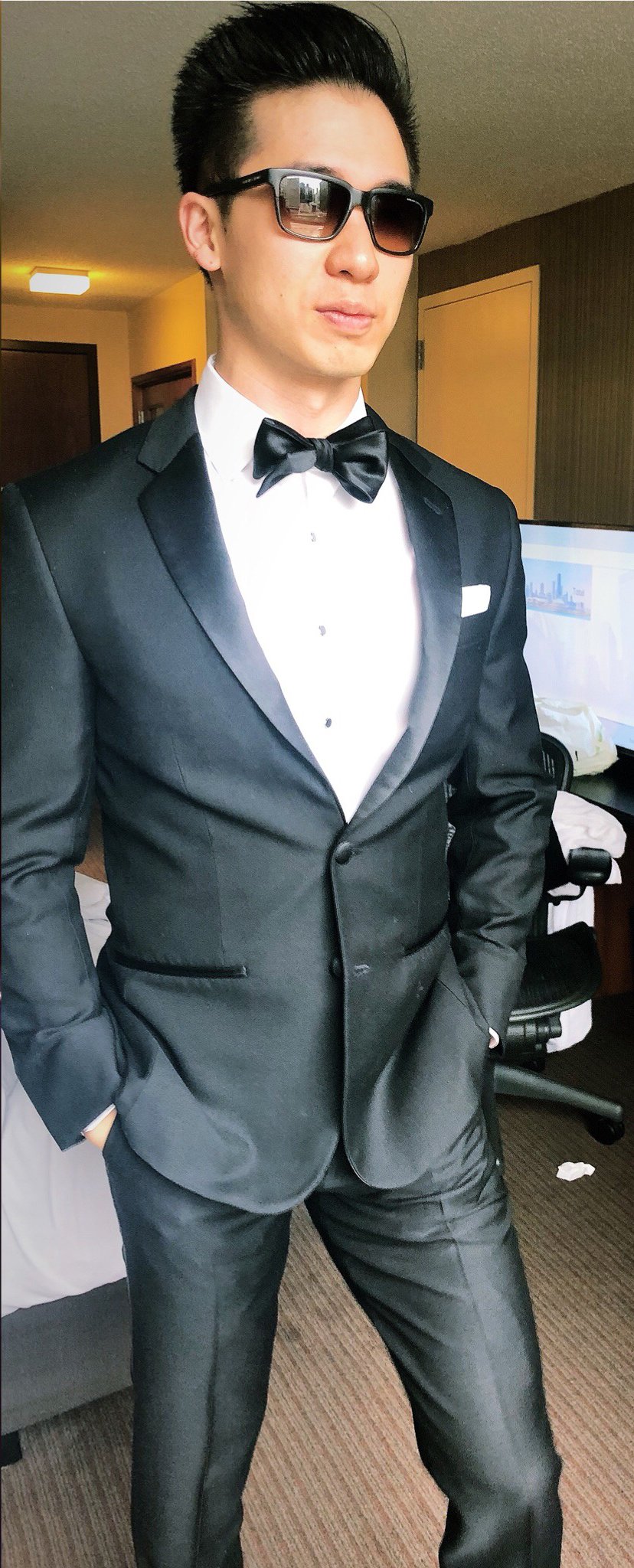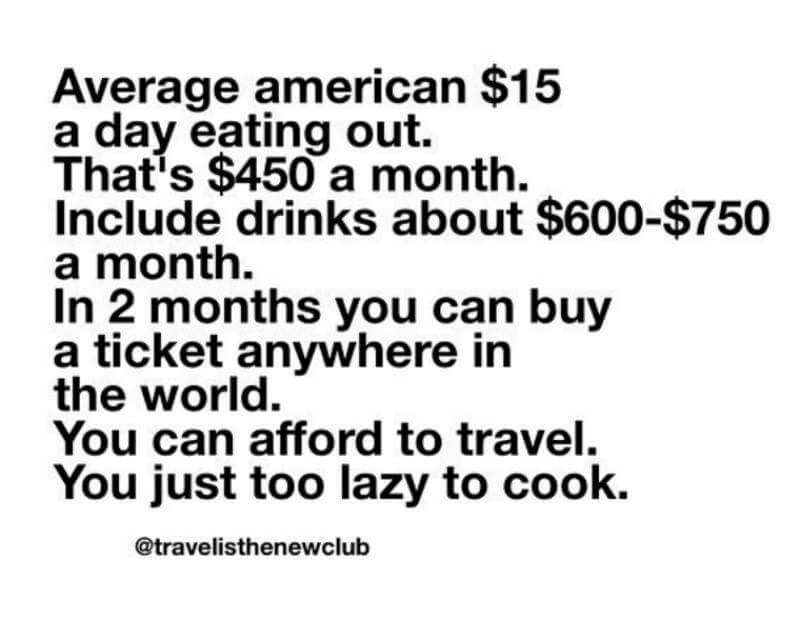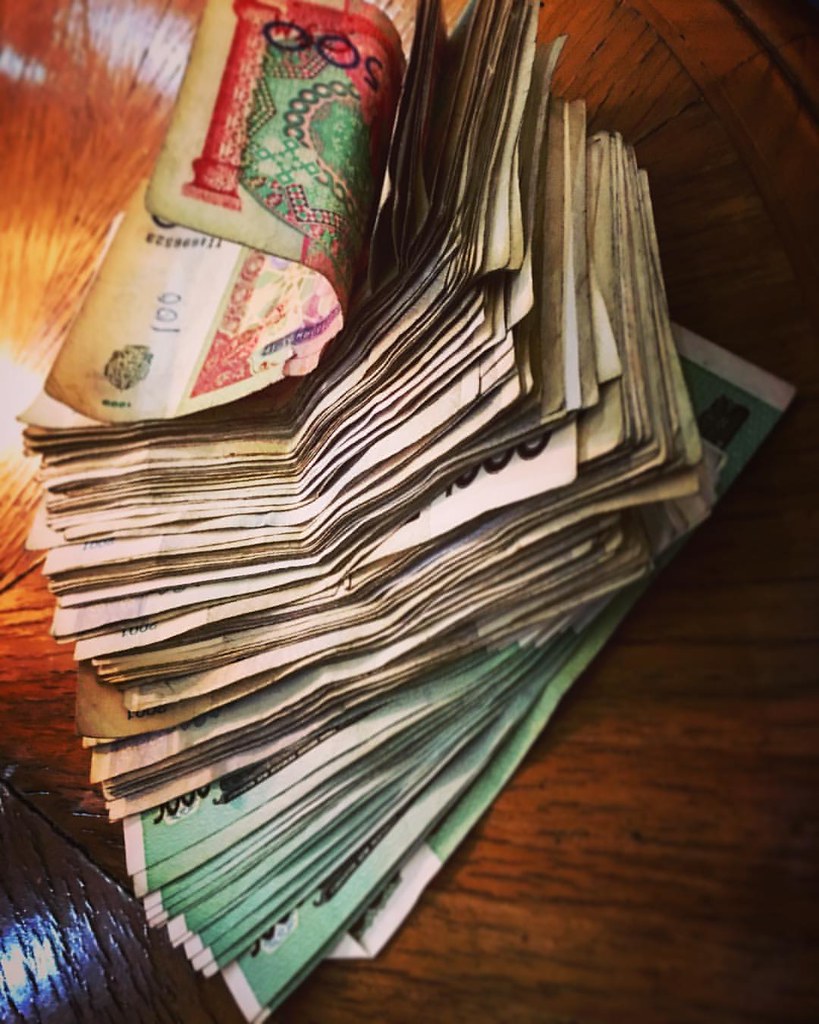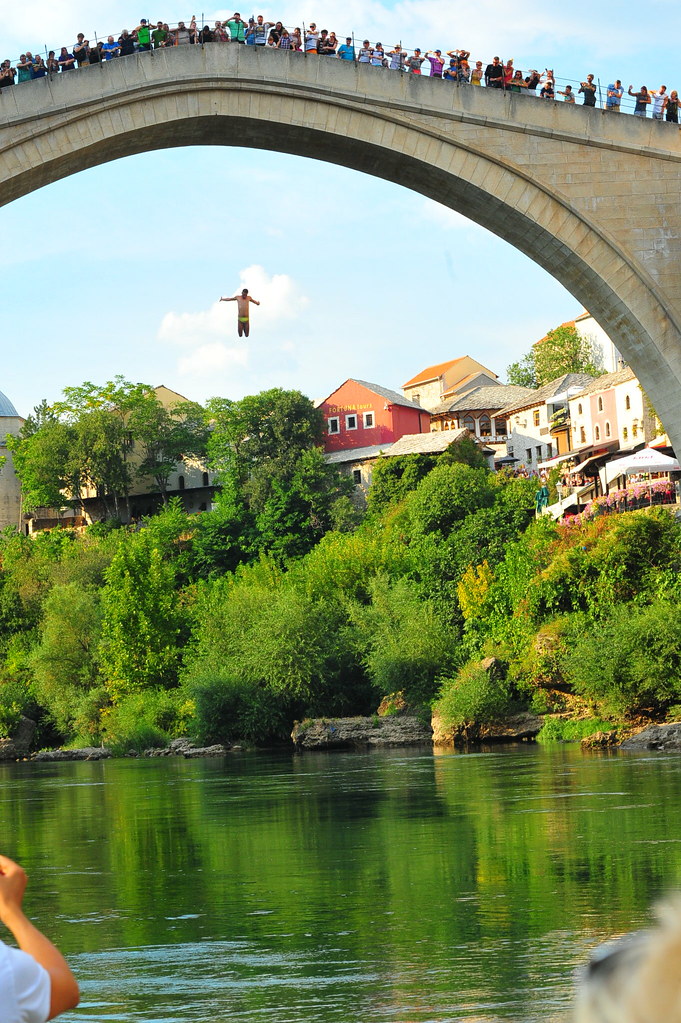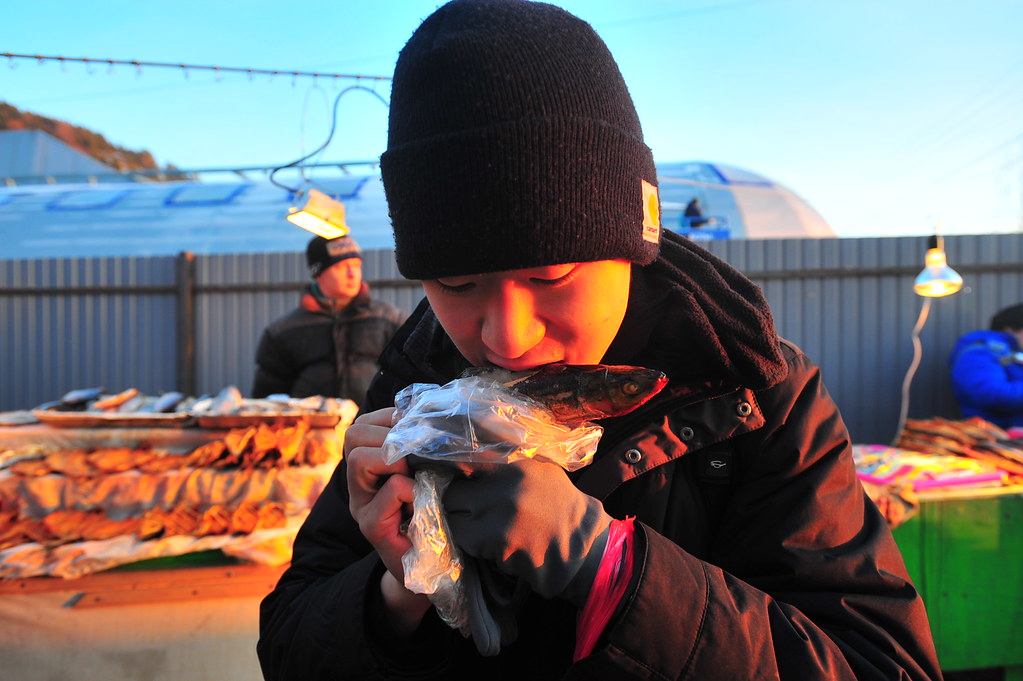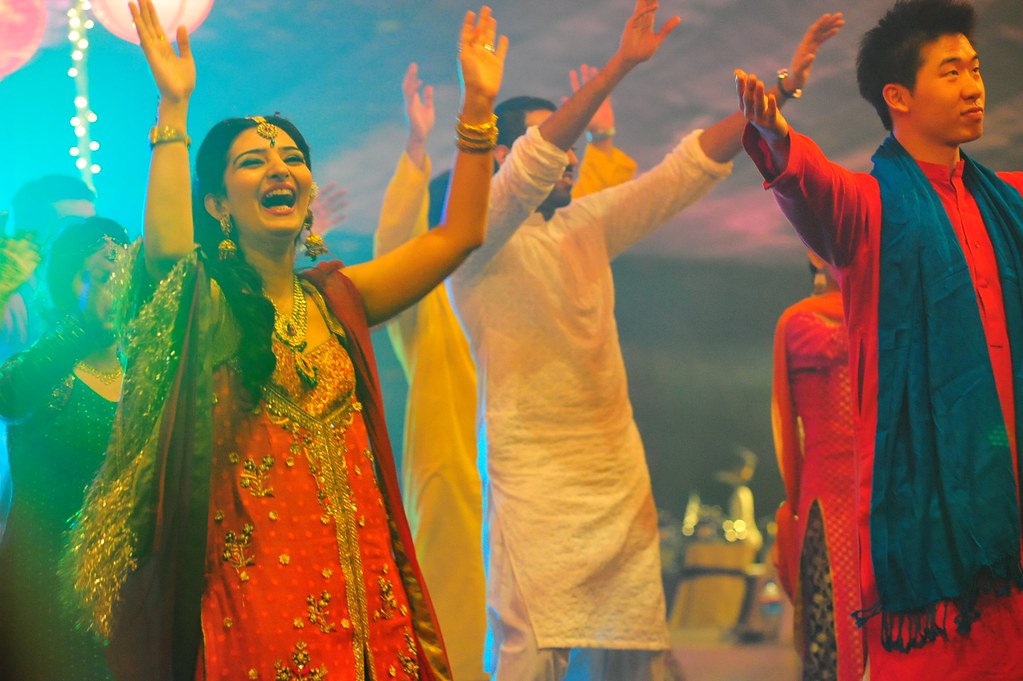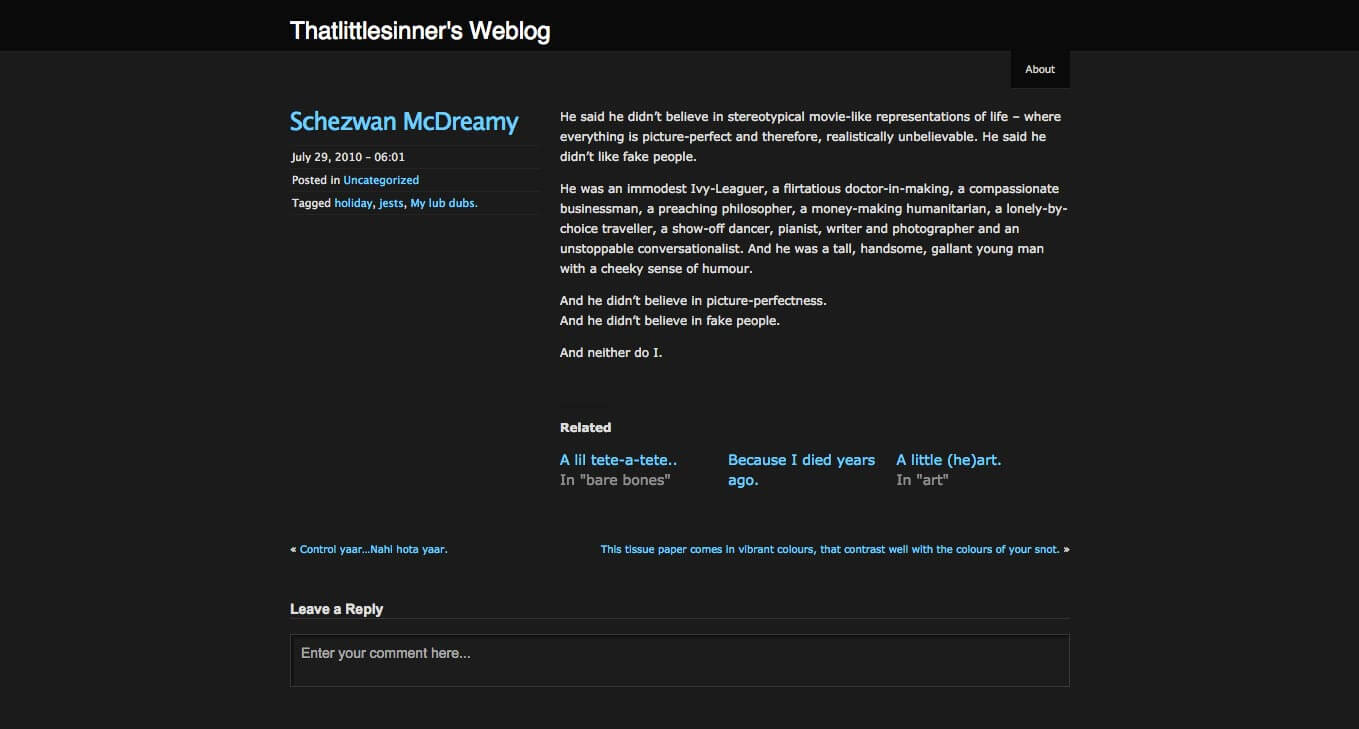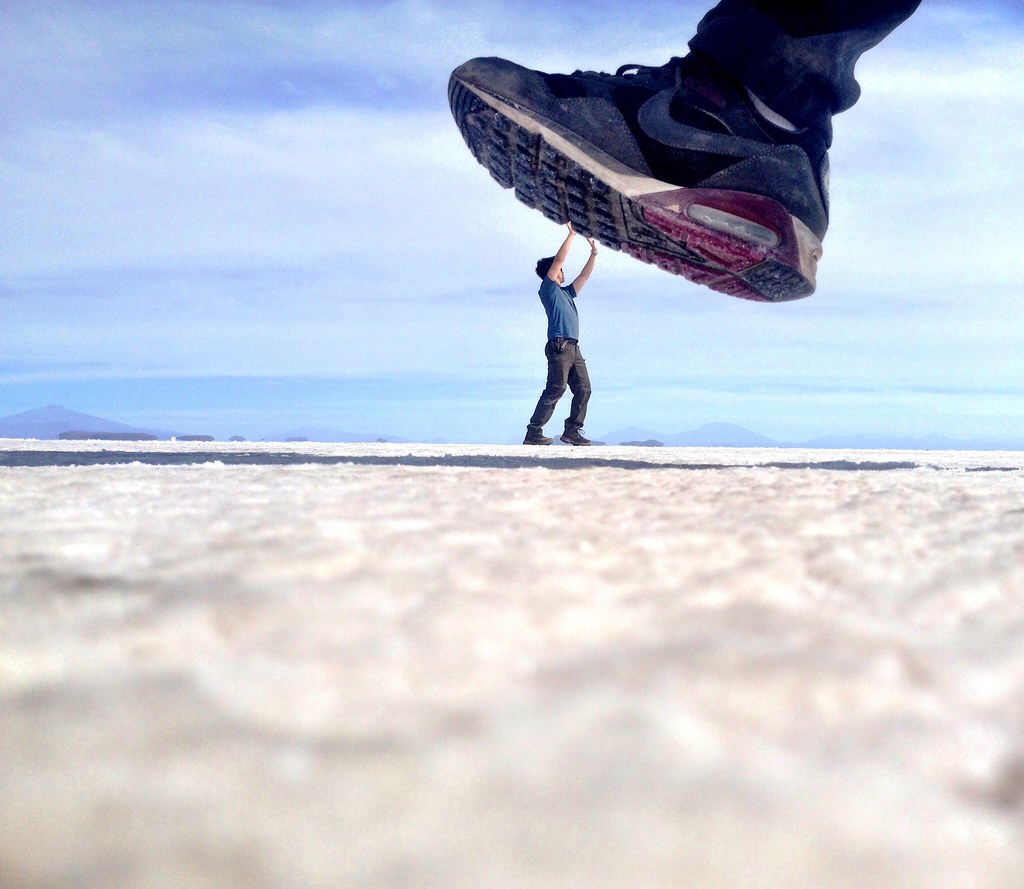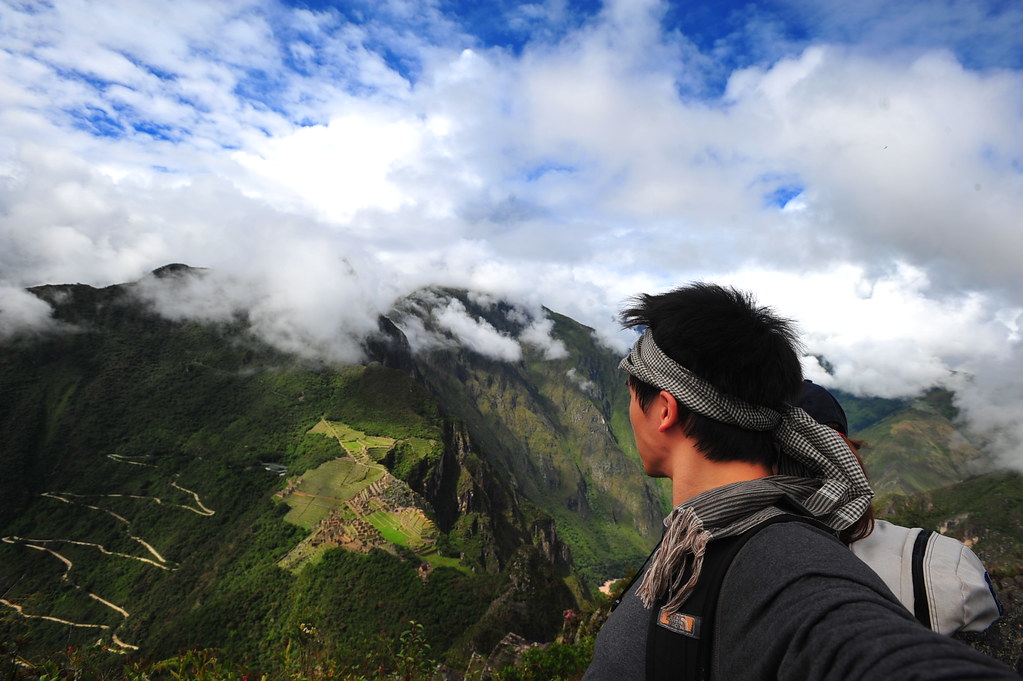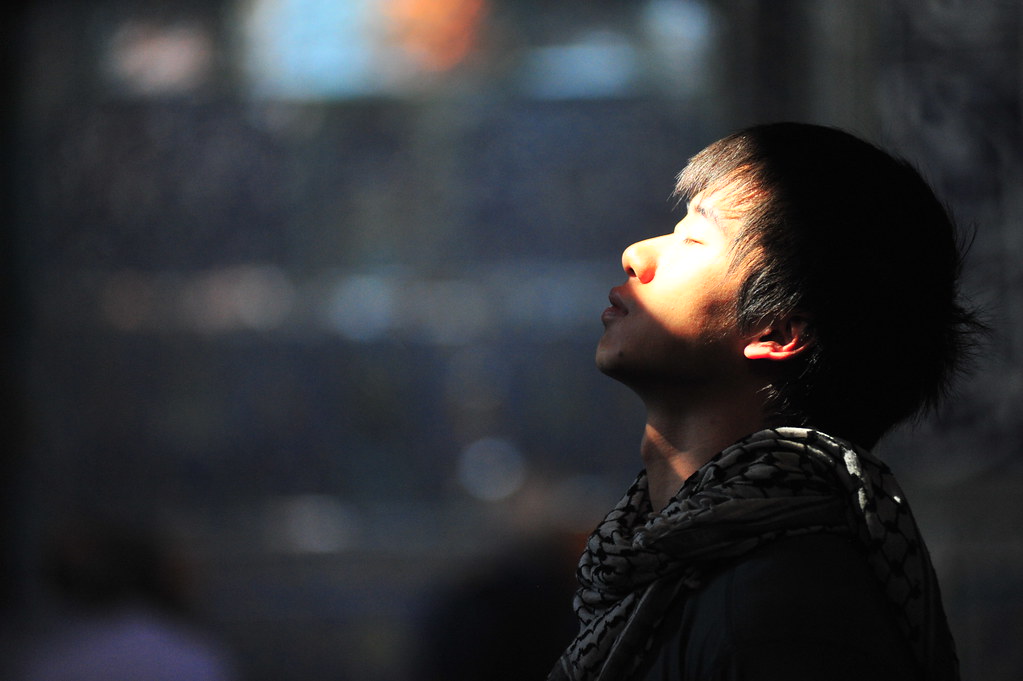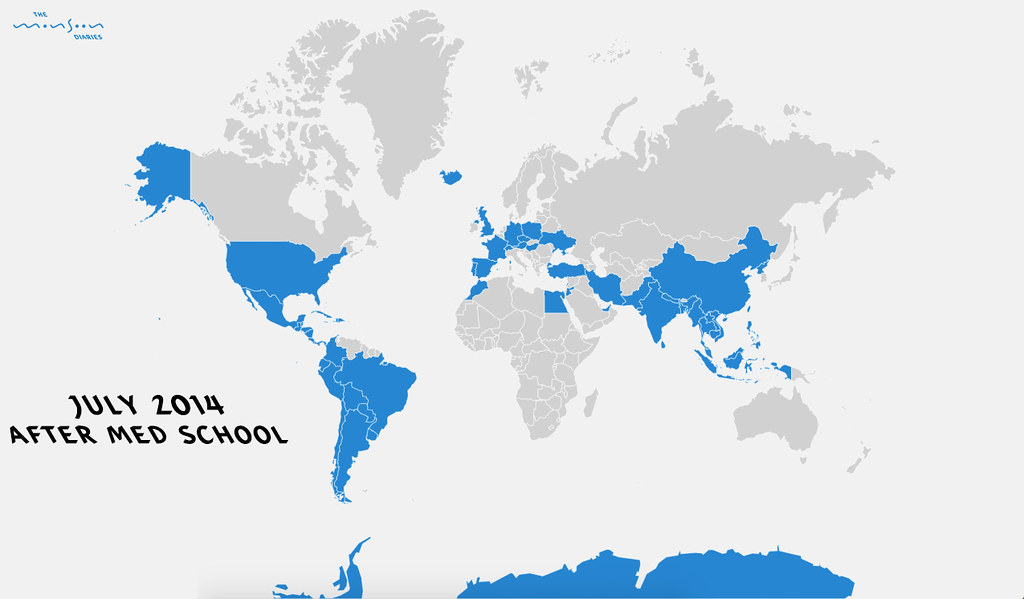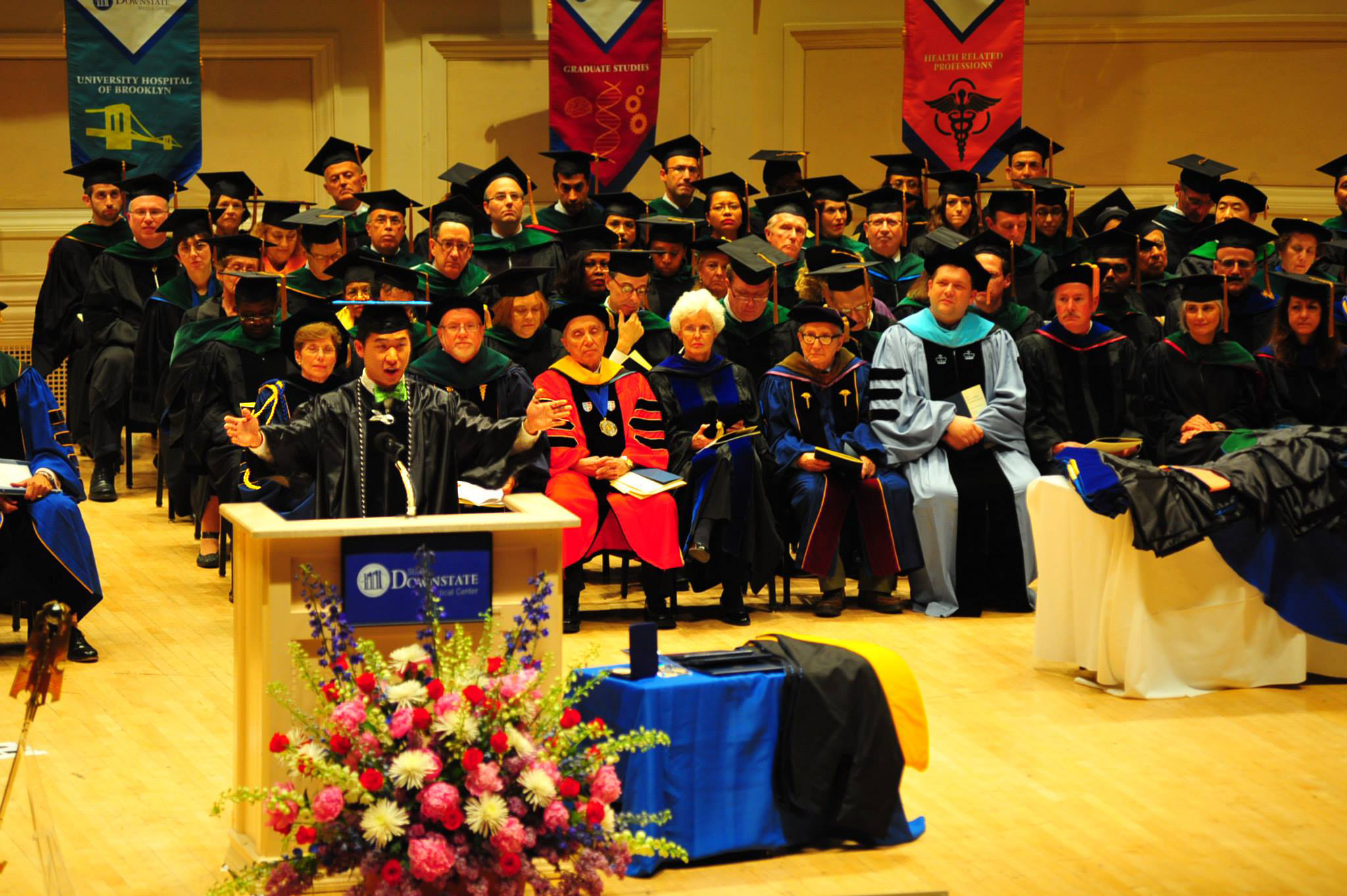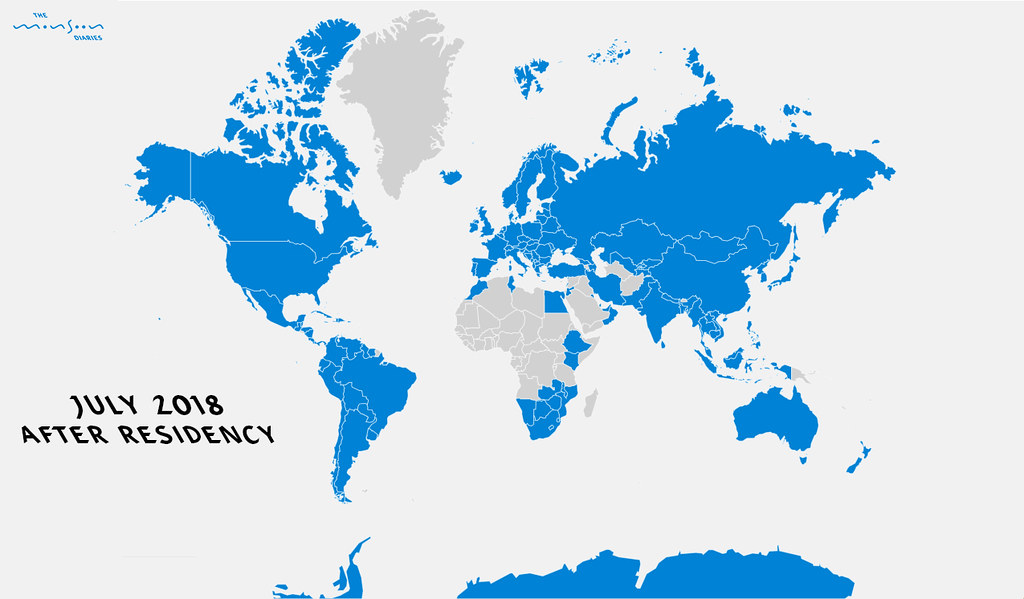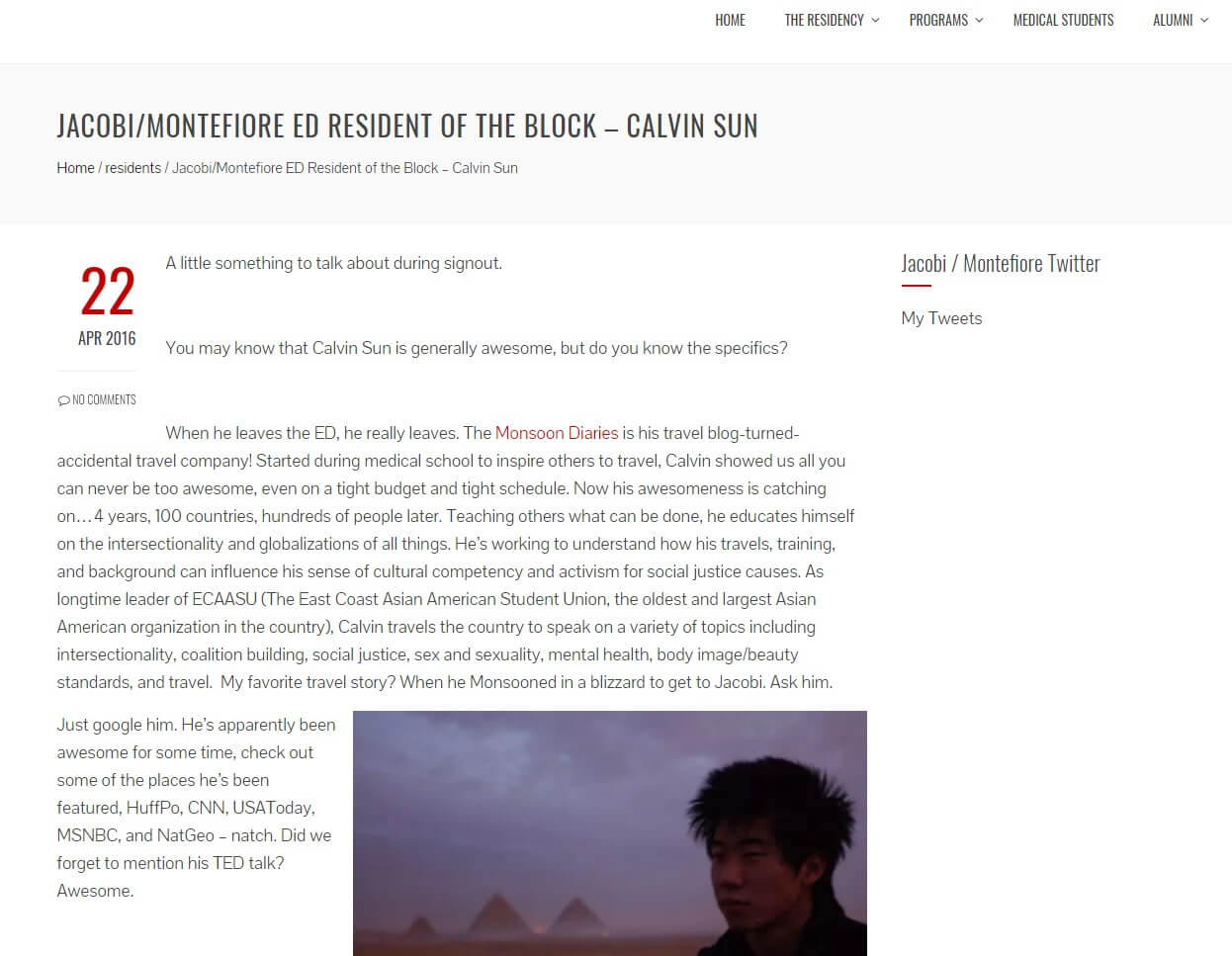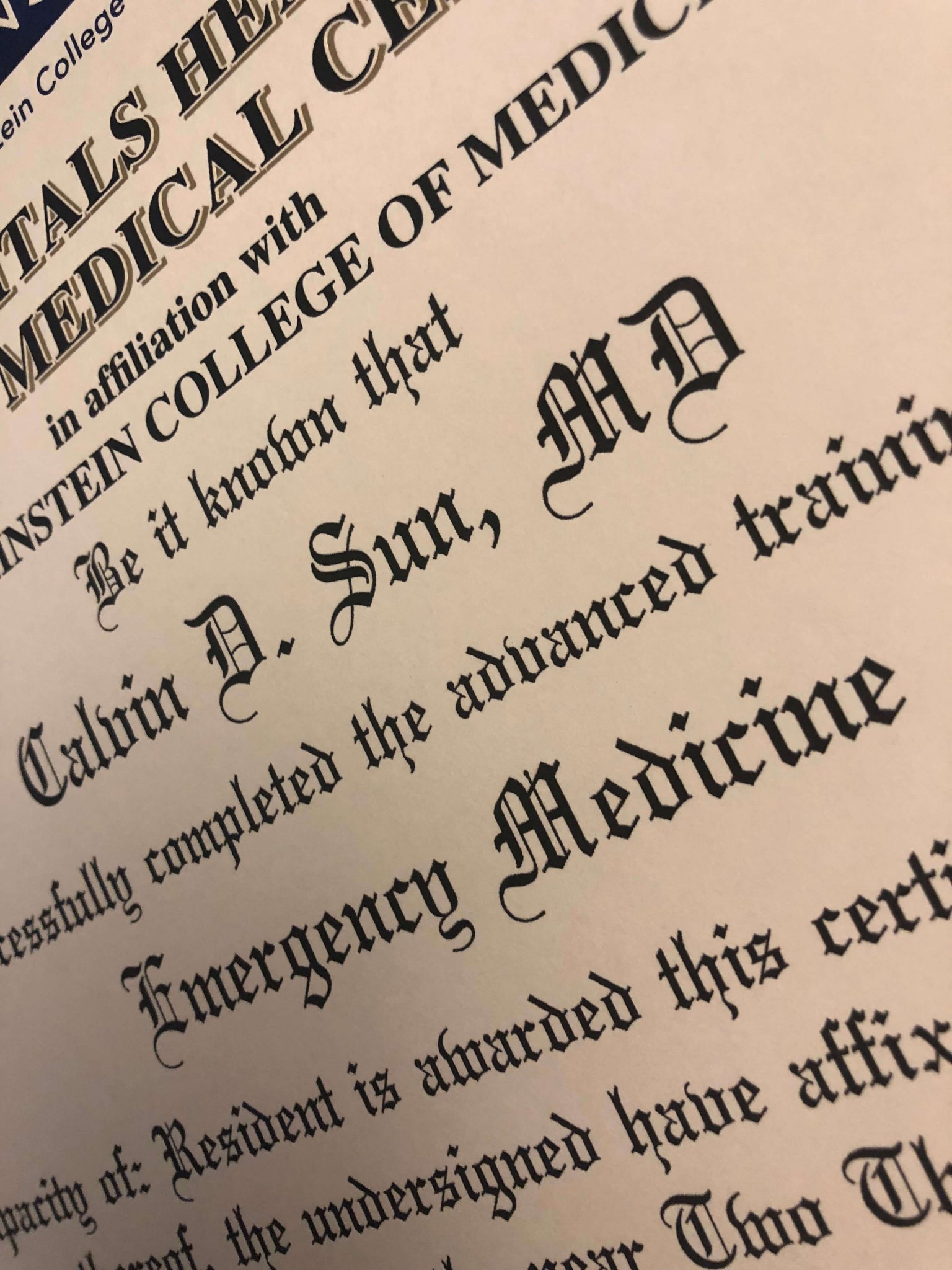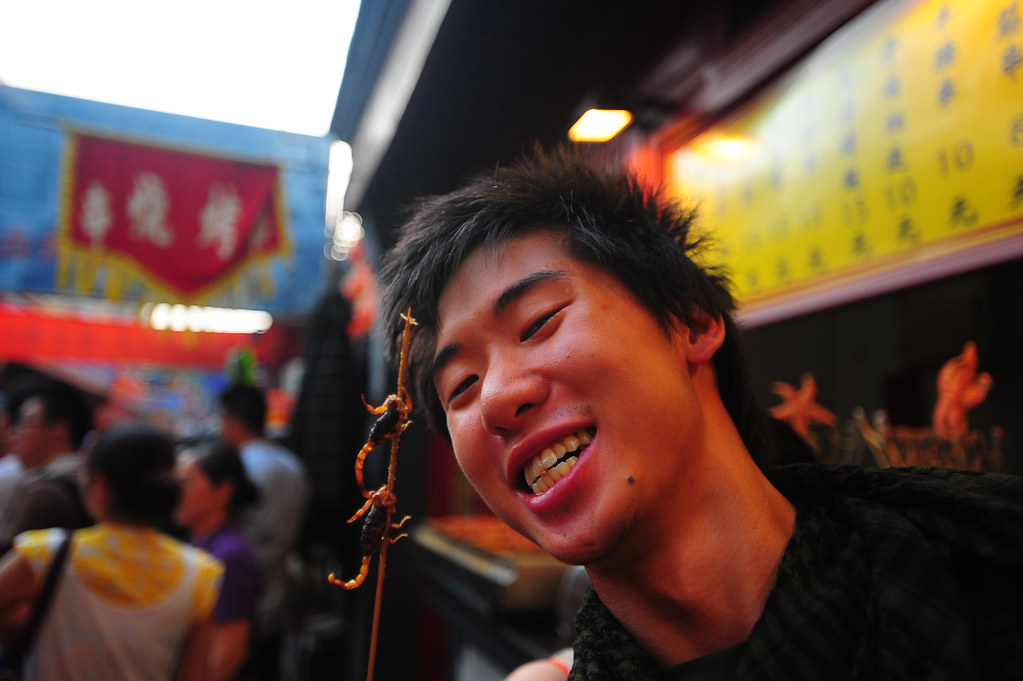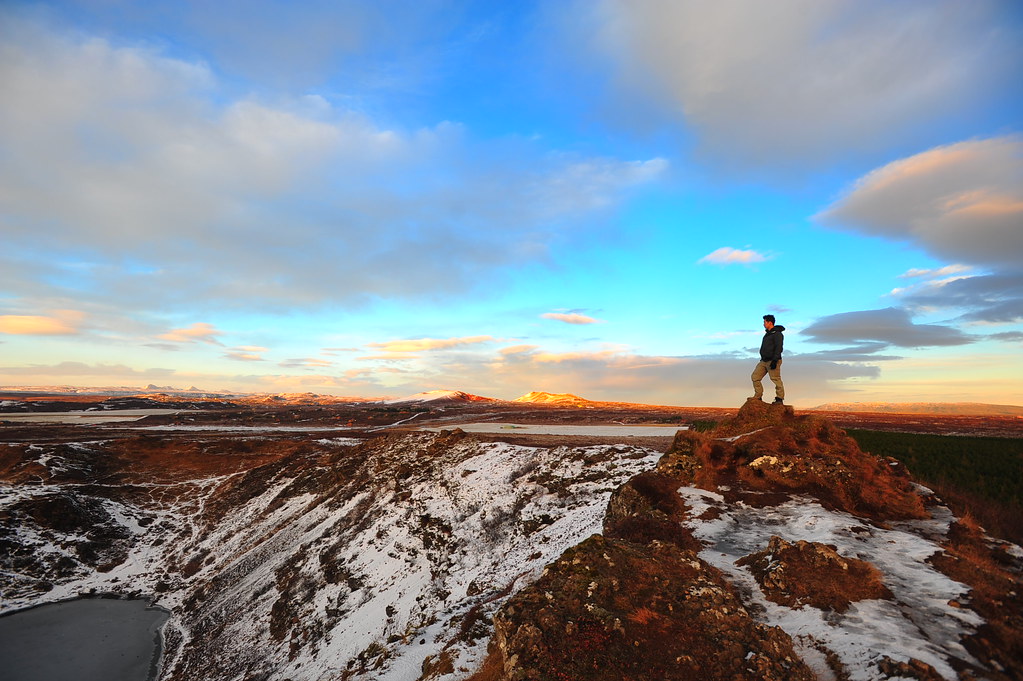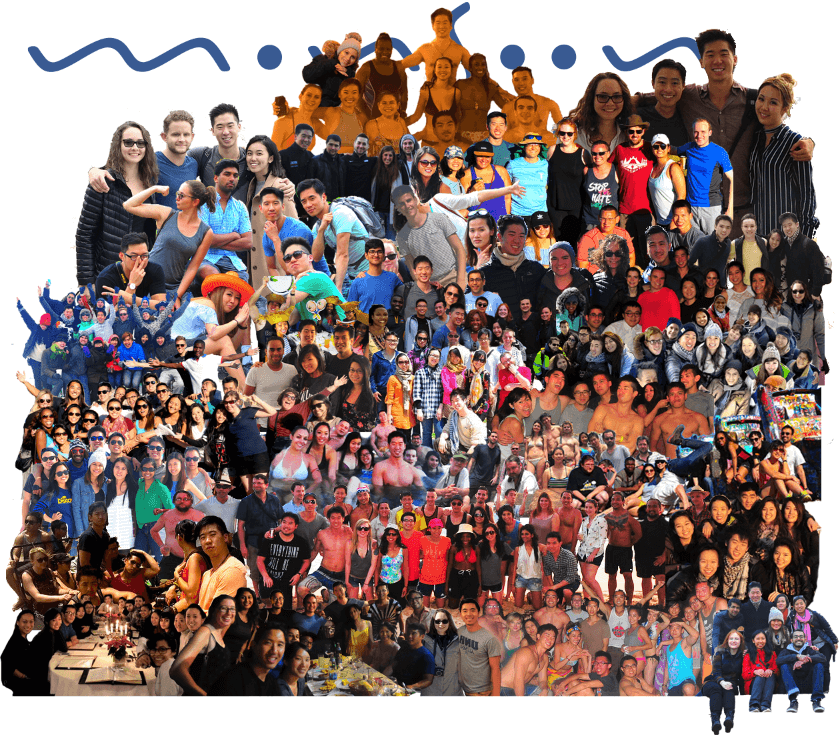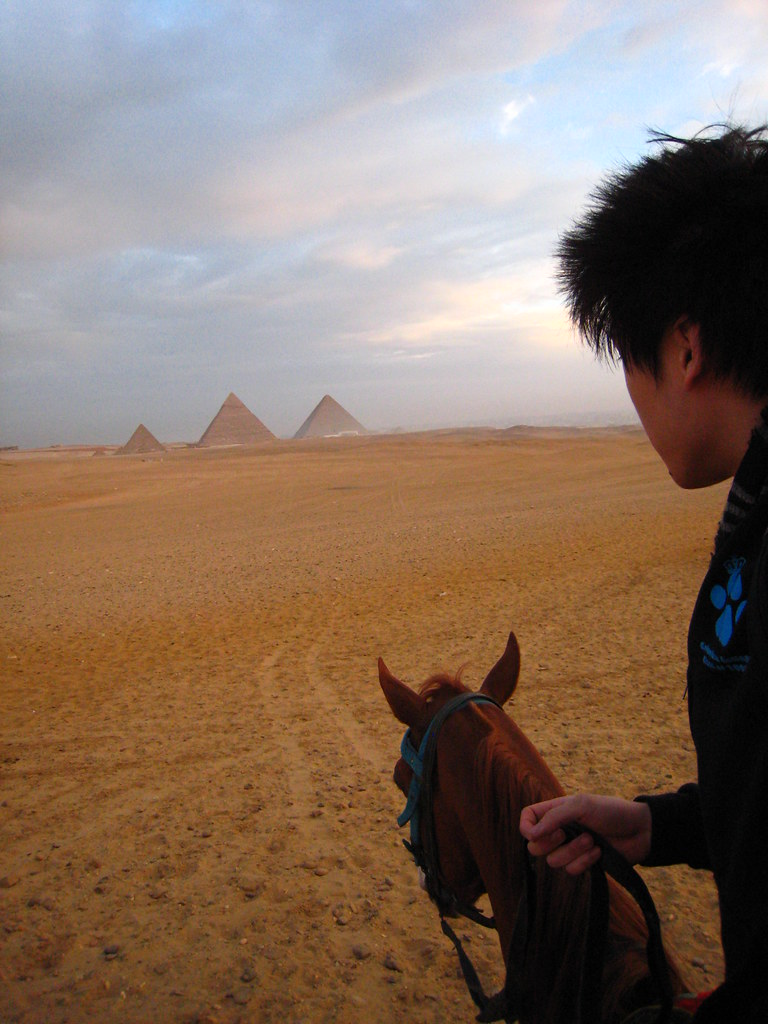June 23, 2018
6:46pm: Counting down the last 14 minutes in my last shift of residency and the rest of my life.
6:47pm: In 13 minutes I am about to graduate as an attending physician.
It’s remarkable to look back and realize all it took was losing a wager to myself to get here.
4 years of college, 4 years of med school, 4 years of residency, and 150 countries later, ever since my fateful trip to Egypt in 2010, and I’m finally about to graduate. To think I had almost failed out and got kicked out of school/residency more times than I could imagine.
Anyone remember Dr. Greene’s last shift on the show ER? The scene reminds me how every July 1st residents join and say goodbye to hospitals without anyone seeming to really notice. But people always notice.
I’ve been watching that clip a lot on these last few shifts of residency. Cheesy, I know. Sentimental, I am.
“Words really don’t teach but it was you being an example that help me realize it. I know you would be an amazing doctor and traveler. I really didn’t know how you did it as a world traveler and a med student, but now I know for sure there is no excuse and anything is possible if you have the passion and the love and it is thanks to you.” – Iran, 2011
Travel is an investment, NOT an interruption.
As my last shift in residency comes to a close, I look back on 8 formative years that pushed me to limits I could never have imagined.
I survived 4 years of one of the toughest med schools in NYC — while having traveled to 70 countries during that time — the likes of which included places like North Korea, Iran, Antarctica, and Pakistan. I then overcame 4 years at one of the oldest and most challenging Emergency Medicine residency programs in the country — while having traveled to 80 more countries during that time — the likes of which included places like Iraq, Uzbekistan, Kazakhstan, Mongolia, and Tibet.
And I never skipped a single day of class or missed a single shift during that time.
(Well, I once was an hour late because of a delayed domestic flight from Arizona, but that was for a visiting rotation and nobody really noticed).
Adding it all up I took 46 trips to more than 150 countries in 7 continents, received international recognition beyond my wildest dreams, met hundreds of monsooners, and made countless more friends around the world.
I did it my own way, skeptics be damned. And it’s hard to believe that travel would be what actually saved me from the oblivion that is medical school and residency.
“‘A bit of madness is key
To give us new colors to see
Who knows where it will lead us?
And that’s why they need us.’
So bring on the rebels
The ripples from pebbles
The painters, and poets, and plays.
And here’s to the fools who dream
Crazy as they may seem.” – Audition, La La Land
And before all any of this, I remember writing a post on my first day of medical school upon the conclusion of my first monsoon trip, not knowing if that very post would herald a premature end to my travels.
Med School
That blogpost belied a complex intersection of feelings: fear, doubt, insecurity, and guilt — fear over whether I would travel as much ever again, doubt in pursuing medicine, insecurity whether I would ever become the doctor I was never sure I was going to be, and a guilt to even consider reserving any part of my life for travel while I was just starting to buy textbooks and take out hundreds of thousands of dollars for student loans.
Those were rational feelings, so I did what I knew best — confront them with irrational actions. When you’re stuck between a rock and a hard place, sometimes you just gotta look upwards and shoot for the moon instead.
“A ship in harbor is safe, but that is not what ships are built for.” – John A. Shedd
And so I did just that, irrationally beginning my medical school journey by flying across the world twice on the eves of my first two medical school block exams. One was 22 hours for San Diego (for a wedding) and another was 22 hours for Hong Kong (for my brother).
Although physically tired, I was emotionally, intellectually, and spiritually recharged. I felt less mentally hungover during med school, and less distracted when I returned home. And I didn’t fail those exams (well, I almost did). Something was working.
OK — Med school can be on an extreme of intense for many people, right? Since we must strive for balance in our lives, I hypothesized that trips of equal intensity could be the cure.
I needed to test my theory and save up for more travel.
“I Don’t Have Enough Money”
The first obstacle was money. So I had my travel fund add up however it could:
- Sublet my apartment for $$$ whenever I was away
- Accumulate miles for free economy, business or first class flights
- Pay for big group dinners with friends with a credit card that gives you 3x miles for dining (such as the Chase Sapphire Reserve, for example), and then having them all venmo/paypal/zelle/pay me back…I would accumulate up to 40k miles a month this way!
- Ask for upgrades every time I check in at the airport, and at the boarding gate desk. I found that you’re more likely to get it if you look really jet lagged and exhausted, turn up the charm, and go in with the confidence that you lose nothing by asking; I’m currently at a 50-60% success rate
- Before I became an attending, there was a time where I accumulated too many miles via manufactured spending (the legit/legal route). I still have hundreds of thousands of these unused miles!
- If any of my flights were delayed, it was always worth a shot to file a complaint with the airline and get airline credit for a future flight, or via AirHelp and get hundreds of $$$ back…so far they’ve been really good and refunding some of my flights!
- Perform a variety of odd jobs: I DJ’ed for private parties and bartender on some weekends and holidays for overtime pay
- Sign up for paid tutoring at my med school
- Get paid for public speaking on the very topics I was learning about (aka how to save and make money to go on trips)
- Skip out on paying for gas, car insurance, that nice TV, cable, video games, fancy dinners, and nice clothes
- Identify all free food events on campus and in the city, even bringing Tupperware to stock up on uneaten food, allowing me to not spend money on food for weeks!
- Throw potluck parties at my place where people would bring more food that any one person could handle, so I would throw everything in the fridge and ration my meals, allowing me to not spend money on food for weeks!
- . . . eventually this all adds up.
On the flip side I would budget my travel into costing no more than $500 all-inclusive for a trip that could last as long as 2 weeks:
- Constantly look up flights on budget airlines such as WoW Air or Norwegian Air Shuttle to get ridiculous deals such as $60 from NYC to Dublin, $144 from NYC/Chicago to Norway, or $496 from NYC/Chicago to the other side of the world in Tokyo or Beijing.
- Skyscanner is my favorite search engine for ridiculously low-priced flights. Close seconds are the Google ITA Matrix, Google Flights, Kayak, Hipmunk, and Skiplagged
- If you do a multi-city search on those search engines (especially Skyscanner and Kayak), changing a single date or switching the order of destinations can dramatically lower your cost by a few hundred dollars. Compare this multi-city itinerary of 5 flights in Europe for $3600 side-by-side with the exact same itinerary (but in a different order) for $400. WTF?!
- It doesn’t cost any money to search for flights, therefore finding such a deal above with any of those sites is worth your time
- Stay in $5-$10/night hostels and guesthouses
- Or stay for free doing Couchsurfing
- Kill 2 birds with one stone and forego paying for any lodging by taking overnight buses
- Get group discounts by taking others with me (my spot for Antarctica was free after I spent a year finding 20 people to go with me!)
- Bring a student ID to get discounts on all admission fees
- Acquire free flights by accumulating thousands of miles (whether by sign-up bonuses or getting 3x points on travel and dining — pay for your friends’ dinners and have them Venmo/Paypal/Chase Quikpay you back!)
- Befriend people at my hostel so when we went out to explore, we’d split a cab/meal/bus tickets/train tickets/admission fees/etc etc. instead of paying for the whole thing alone
- …eventually this all adds up.
“I Don’t Have Enough Time”
As money trickled in, I needed to handle the issue of time to travel.
So I made time: If I had 2 consecutive days off from school or work, I would try not to see those 2 days as another regular weekend to recharge, but rather an opportunity to make an international trip possible:
For example, if you can get on a flight out on a Friday night, you can reach almost anywhere in Europe, the Caribbean, Central America, or South America by Saturday morning. Then the next 36 hours anywhere is enough to explore most medium-sized cities and towns before you have to return Sunday night.
Our recent trip to Ireland with 7 people best exemplifies this. Even The New York Times has an entire column on how to maximize “36 Hours” for a trip. We’re not the only ones.
But there are those of you who feel like it might “not be worth it” and “I’ll wait until I have more time.”
Then is it fear that’s stopping you from moving? For fear never gets us anywhere unless we reframe it as another challenge that we use to push our limits: The biggest risk you can take is to take none at all. Or rather, what I usually say, strive to fail — meaning, if I’m not pushing myself to one step away from figurative failure, then I’m not doing enough.
We all feel fear — what matters is what each of us does with that fear. Perhaps fear shows us what the next step is to push our limits, existing also to motivate us to achieve things we never thought we could.
Give us the benefit of the doubt and consider looking at 36 hours differently than what we had been brought up to believe: can you leave the country for 36 hours? Sure you can (and many of us have), so isn’t it better to travel a little bit than none at all?
Now let’s take it a step further: An analogy with food
Think of a buffet and it’s there right in front of you. You’re STARVING; you haven’t eaten and you would like to. So would you continue to starve, refusing to eat anything just so you can wait for a “full experience” that may not even happen? Wait long enough and you’ll be too old to travel, too old to eat any part of that “buffet” because by then you’ll have been diagnosed with hypertension, diabetes, high cholesterol and all that bad stuff. Some of the food might be gone by then.
You would miss out more than you could imagine.
. . . OR would you eat a bit of everything now while you’re younger, without all those ailments, so you know better which food to come back to for your seconds and thirds?
This logic propelled me forward. Similar weekend and blitzkrieg travels followed, such as:
- making it back from North Korea in time to begin my 2nd year of med school
- rushing to a Washington DC flight for Iceland within 4.5 hours of taking my USMLE Step 2 medical boards in Philadelphia
- rushing back from that very same trip in Iceland in time to begin orientation for my 3rd year rotation on the medicine floors 60 hours later
- taking off a week for Iran
- marking the end of my 3rd year of medical school with a cab ride from the rooftop bar where we were celebrating to begin a 1 week journey through almost all the countries of Central America
- taking 3 weeks off during 4th year residency interviews for a free trip to Antarctica and a wedding in Pakistan
This was my life in med school.
I did it. I did it all.
Doing The Math
While it seemed as if I was pulling off superhuman heroics to travel every weekend, I took “only” 46 trips over 8 years. When you do the math, that’s 4-6 times a year during my 4 years of med school, and 6-8 times a year during my 4 years of residency. That’s an average of a trip every 2-3 months.
This can still be considered to be a lot of travel, but it certainly wasn’t “every weekend.” And if a 2-day weekend getaway can count as one of these “trips”, a weekend trip every 2-3 months can seem pretty manageable!
Soon this lifestyle drew me to other like-minded wanderlusters and strangers who — rather than choose either the life of a nomad or the life of a working professional/student — would instead choose both.
I was not alone.
“Thank you for these weekend trips. And for showing me they are possible.” – Mihaela K.
Even when it seemed obvious that taking time and money off to travel would jeopardize the stability of our lives back home (let alone our professional futures!), we encourage one another to believe in the magic of travel. Whether it was just for a single day in Ireland, a 3 month epic from Turkey to North Korea, or just the magical eternity moment of complete strangers falling for each other, travel became an investment in our lives instead, not an interruption.
We were not alone.
“…Because the only people for me are the mad ones, the ones who are mad to live, mad to talk, mad to be saved, desirous of everything at the same time, the ones who never yawn or say a commonplace thing, but burn, burn, burn like fabulous yellow roman candles exploding like spiders across the stars.” – Jack Kerouac
Reality Bites
However, the pipe dream seemed to fade: midway through my 3rd year of medical school, I had almost failed out twice. By the time I applied to residency during my 4th year I was:
- ranked in the bottom 50% of my class
- not only scored below average on my Step 1 Medical Licensing exam with a 212, I also passed by only a single point above failing in Step 2 with a 204 (furthermore, you’re supposed to do better on Step 2 than on Step 1, but obviously I didn’t)
- I was called out for missing an entire month of potential residency interviews for that trip to Antarctica and Pakistan.
- I acquired $200,000 in debt to student loans, all of which payments I deferred and put into forbearance.
My advisers began to doubt whether to bother endorsing my candidacy for residency training at all. Perhaps I was never meant to do this.
The skeptics’ echo of “I told you so” started to become louder.
The universe will find a way to support you, as long as you believe in yourself
5 minutes with Dr. Salifu, the Chair of the Department of Medicine at my medical school, changed everything.
Getting that interview wasn’t special — we all got 5 minutes to meet and make our case with him to get a much coveted recommendation letter. However, as I introduced myself and presented my file, about to apologize and explain for my sub-par academic record, he put up his finger and motioned for me to stop talking; his eyes briefly glazed over my academic transcript but then furrowed his eyebrows on the part of my CV that mentioned travel.
He then asked about leadership, and what it took to lead. He asked about leading these trips around the world.
One hundred seconds later Dr. Salifu made a smile I will never forget, reached out his hand to shake mine, and remarked that I reminded him of himself, and that he wouldn’t be where he was today if it wasn’t for similar risks he took during his medical training. He never let fear stop him.
He said he would write me a recommendation letter that would “make everyone in residency pay attention.” Then there was a knock on the door — our 5 minutes was up.
Little did I know then that I would walk out a different candidate for residency than when I had first walked in.
Scores of interviews at residency programs followed afterwards, many accommodating my travel schedule. I would learn from my experience with Dr. Salifu by no longer apologizing for my academic record. I instead doubled down, shot for the moon, and intersected travel with medicine: You can teach any medical student clinical skill and knowledge, but not attitude and humility. I made a case for travel and how it helped develop cultural competence and empathy; my subpar test-taking abilities could never teach me that. I stuck to my guns and told the truth.
People listened.
When Match Day came a few weeks later, I opened up the envelope to find that I matched into one of the top Emergency Medicine residency programs in the country. wtf.
How life is ironic: Whatever got me almost kicked out of medical school would also be the very reason that got me into residency.
Travel was no longer the gamble; it became the investment that actually paid off.
Furthermore, on an ironic footnote of this experience I was asked to give my class’ graduation speech as the outgoing class president. So I bid my medical school adieu with remarks that implored my colleagues to think of themselves not only as doctors, but also
I believed we were graduating not just with new titles as resident physicians — it was an opportunity to remember that we’re humans first. We’re complex creatures. We can achieve that level of self-care and self-awareness than what others give us credit for. We need to be good to ourselves first so that we can be good to others.
Residency Woes & The Imposter Syndrome
About a month later I began my 4 years of residency.
As soon as it began, a horrible habit of learned helplessness soon had me back in a stranglehold — I began to doubt myself once more, believing instead I had been lucky this entire time and that my run of good fortune was about to end. I questioned whether I belonged among my colleagues; imposter syndrome kicked in (after all, I was the actual imposter that got in through the back door).
Worst of all, midway through residency I was asked to tone down my travels if I wanted to stay in the program given a perceived capriciousness in the way I carried myself and how much more I seemed to care about this blog. Another wave began crashing down.
“. . . As you no doubt recall, you and I spoke at length last week regarding attending feedback and their serious concern for your genuine interest in the patient care mission. This theme has now been noted by patients, supervisors, and colleagues. The residency leadership has made you aware of such issues multiple times, paired you with Attendings for closely monitored shifts, and even revoked your moonlighting privileges.
. . . I think it is time that we speak regarding your professional future. It seems to us that you need to re-evaluate your priorities and be honest with yourself about some tough decisions, not least of which needs to be, ‘Do I really want to be an Emergency Physician?’ and ‘Am I giving my patients the dedication they deserve – that which I would want the physicians of my most loved ones to get from their physicians?’ If you cannot give us and your patients 100% through June 30, 2018, I expect you to only give us 0%. Anything else is unfair and unsafe to all parties involved.
Please let me know of your availability to speak over the next few days and have prepared a response to these questions. If you so decide, we can work with you to ensure a smooth transition out of the residency program so that you may pursue that about which you are truly passionate and at which you truly excel. Otherwise, please be prepared to redouble your patient focused efforts, even at the expense of other pursuits, while in residency. Thank you.”
– E-mail sent warning me about my medical residency status being revoked
But after a grueling road trip across the United States and Venezuela, I responded with a 2 year process of consciously developing new habits. I cut out the negative toxic influences in my life, let my fears go, surrounded myself by loved ones who supported me instead of telling me what to do, and accepted my own intrinsic faults by diving headfirst into self-reflection. I shared insecurities far and wide among my colleagues and they reflected back to me theirs. We made sure as residents to not be afraid to ask for help.
I soon realized the beauty of foregoing things out of my control, allowing myself to directly steer toward the places where I could make a difference. I began to renew my confidence, deftly bringing my studying from the passenger to the driver’s seat while I travelled. FYI – The NYT agrees: Studying becomes more effective when you’re traveling. I also started coming back from work everyday feeling that true fulfillment I always long sought, beginning to believe I had the best job on the planet.
After casting doubts into shadows, light shone in the overwhelming encouragement and support from my peers — several of whom eventually traveled with me, and sometimes, because of me.
However, I refused to stop traveling. I knew what was good for me and what wasn’t. Nobody else could tell me that. And sometimes, old habits die hard. In fact, I balanced the stress in residency with traveling even more, covering another 80 countries and reaching the coveted number of 150 before marking the end of my medical training.
And despite nearly stumbling out of the gate at the beginning of residency, I buckled down and took in the feedback that worked for me without giving up any of my core values or changing who I was.
“Life should NOT be a journey to the grave with the intention of arriving safely in an attractive and well preserved body, but rather to skid in sideways, chocolate in one hand, martini in the other, body thoroughly used up, totally worn out and screaming WOO HOO what a ride!” – Hunter S. Thompson
A few months later I was named as one of the program’s first 3 Residents Of The Block during my end of my 2nd year of residency. The imposter was no longer the imposter.
Coming Full Circle & Finishing Residency
Then a year later I was given the fortunate task to serve as the program’s first Director of Resident Wellness in my final year, which role would become the fifth Chief Resident position. I was also presented the Ramsey Rod Award, the only award bestowed upon 3rd year residents/PGY-3s for “marching to the beat of their own drum.” And just like how it was in medical school, last week I was grateful enough to give a small speech about its importance to me at my own residency graduation.
Again, how life is ironic: Whatever got me almost kicked out of residency would be instrumental in propelling me to become the doctor I was meant to be.
And now I’m graduating one last time, to embark on a lifetime of service onto others as an attending physician tomorrow without forgetting what magic and beautiful souls I have been blessed with along the way.
After all, graduation is also known as a “commencement” and it certainly feels like I’m about to commence upon another journey.
The universe has a fascinatingly lovely way of working out.
Since The Monsoon Diaries began in conjunction with the beginning of my medical training, it would be fitting to mark the end of one phase of my life before beginning the next. We mark our existences with milestones and this one’s no less deserving.
6:55pm: I give sign out and take a shot with my attending. I shake his hand. I feel tears coming on.
7:00am: I go over and shake hands with the family member of my very last patient. It’s time to go home.
Today I have become a full-fledged attending physician, mark my 150th country, and close a chapter to my life to begin another. Here’s to 8 years and 150 countries more, with and thanks to you
If not now, then when?
If not you, then who?
The 20 Rules Of Monsoon
(aka everything I learned the hard way these past 8 years in school that got me to where I am today)
And finally, this is NOT a list for the purpose of self-improvement; there is nothing to improve since you already are and have everything you need to be. Rather, this is simply a call to an internal practice and discovery of things you did not even know you were already capable of:
1. Be Stronger Than Your Excuses.
When presented a challenge, make it a habit to always think of solutions and always think in the realm of what’s possible (“how can I make this work”), instead of the bad habit of giving an excuse why you can’t do something.
“Impossible is nothing.” “Just do it.” “Stay foolish.” These aren’t rote declarations of cliché, they’re evidence of experience.
2. Sleep well:
- 7-9 Hours a night
- Make sure it’s not 7-9 hours in bed; like it’s at least 7 hours of true, deep, REM and NREM sleep.
- Moving forward (aka sleeping later the next night) is easier than back (sleeping earlier the next night)
- Consistency & regularity makes a difference if possible
- No alcohol, caffeine, or heavy foods 4-6 hours prior to sleep
- Don’t ever study or lie awake for too long in your bed — you’ll begin to associate your bed with staying awake! If that happens and you just can’t fall asleep, just get up and do something productive and try again
- That said only 2 things should happen in bed: sleep & sex.
- Life hack: See rule #18b
The more you sleep, the more efficient your work will be, the more quickly you’ll finish your tasks, the more free time you’ll have to do more the things you enjoy, and the more time you have for more sleep. Positive feedback!
3. Eat Well.
- Stress = Overeating or Undereating
- Fat + simple, & complex carbs = Decreased neurogenesis
- Lesson: If you’re gonna eat, avoid fatty foods and complex carbohydrates
4. Exercise.
After sleep, exercise regularly. Even a few minutes a day is > nothing. Your body is your temple. You only got one and it’ll be with you for the rest of your life.
5. Unlearn bad habits, while developing good ones.
- Habits are unconscious, automated processes
- It is difficult to change habits
- Habits, however, can work in your favor — they carry you forward when your will to get something done fades (aka brushing your teeth)
- Therefore your habits = You
- You can incorporate good behavior into habit if you go about it in a goal-directed way
- Habits usually takes an average of 66 days to form — Taking 2 months to improve the rest of your life is not that long!
- My 6 core habits: Sleep, exercise, travel, living presently, scheduling the fun things first, staying honest, following through. What are yours?
6. Give yourself enough me-time for introspection, self-awareness, and ultimately, self-forgiveness.
- Keep a diary. Write in it often.
- Take walks in a nearby park; you’ll come out a different person NY Times: How Nature Changes The Brain
7. Maintain quality relationships:
- Stay connected to the people who truly matter
- Cut out those who are toxic, aka anyone who add little value to your life
- Stay away from negative people: They find an excuse and problem to every solution (from rule #1)
- The people who truly truly love you will support you in whatever you do, and never tell you what to do (especially when the advice is unsolicited). If they are telling you what to do instead of supporting you, then their “love” may not be right for you. This is your life to explore, not theirs.
- Learn to stop caring about what strangers and acquaintances think about you. Most people don’t even care that you even exist. So when people don’t like you, nothing actually happens. Once you accept this, you’ll have total freedom to do whatever you want, especially choosing those who actually do matter to keep in your life. Aka, it’s time to stop giving a F#@$%*!
- As long as you have explicit consent to do so: Touch. AKA hug your friends, kiss a loved one, cuddle, snuggle, pet a cat or a dog, make sure you give and receive enough consensual love.
- Once you achieve the first 3 bullet points of this rule: Talk to someone who is capable of listening. Listen to someone who is capable of exchanging. Dare to open up to both old friends and new ones, especially those who are not afraid to be both honest and kind with you — they are your mirrors who can reflect upon you what they see so you can better understand yourself (hence the concept of “Ubuntu” – A person is only another person through another person)
- Your relationships with your friends are more important than any relationship with money: Money is a replenish-able resource; friends, experiences, and the youth to enjoy those experiences are NOT.
8. Manage your expectations realistically without being negative.
- Go into this knowing that this shit is hard.
- Go into this knowing that this shit is hard and yet you’ve always risen to the occasion (See #1).
9. Don’t worry about things that haven’t happened yet.
All that stress might be devoted to something that might not even be worth all that stress. So save that energy for something more productive (repeating to myself “we’ll cross that bridge of despair when or if we even get there” has saved me a ton of grief).
10. Take productive and quality time off.
- That means not sitting on your ass watching the TV. If I have a TV, I don’t recall the last time I turned it on.
- Productive breaks can include cleaning your room, organizing an event, planning your next week — they all can play a role in better organizing in your brain whatever you just studied
11. Stay grounded and get out of the bubble.
Do one non-medicine (or whatever is your main profession) activity every day.
12. Don’t “give back.” Instead, give as you go.
Whenever the opportunity presents itself, teach those a year or two below you. You were in their shoes once. Their appreciation will motivate you and make you feel like you belong where you are, especially if you have the imposter syndrome.
13. Always do it your own way.
- The first doctor, lawyer, entrepreneur, programmer, accountant, artist, designer, anything, traveler, explorer, philosopher, anyone…they didn’t follow a blueprint to get to where they were. Neither should you.
- See Rule #7c
14. Humans are meant to be complex creatures: You can do more than one thing.
15. Let the imposter syndrome pass through you. It’s a normal feeling.
- Everyone else feels the same way as you do
- That said, fake it until you become it. This is not a sign of being an imposter — everyone else around you who seems more successful is and has been doing it too. You already are everything you need to be; explore what you already have and could be with more internal self-reflection and practice, instead of seeking externally whatever that you’re told that you’re not not.
16. Avoid the psychology of postponement.
- You’ll never be as young as you are today
- Your job will never love you back
17. Don’t be a dick.
- Take 3 deep breaths before you do or say anything negative, especially with your personal relationships.
- With all my advice above, especially with rule #13, there’s this one important condition: Make sure you’re not restricting someone else’s freedom to do the same (ex. don’t go on a warpath where you’re willingly hurting other people and creating collateral damage…aka, don’t be a dick).
18. Simple life hacks are “hacks” for a reason.
If they’re that simple, then do them all because they’ll add up
- Feeling down and don’t know where to start? Give both your hands a good washing with soap for at least 30 seconds (real seconds, not rushed). Once you’ve dried them, you’ll suddenly feel a little better about your situation: 6 Purely Psychological Effects of Washing Your Hands
- Can’t sleep well? Too much on your mind? Write a to-do list before falling asleep may help you sleep better: Write a To-Do List Before Bed to Fall Asleep Faster
- Schedule the fun things FIRST. That way you always have something to look forward to and motivate you finish the boring things.
- Adjust your body language; it shapes who you are. For example, to gain confidence simply stretch out those limbs and take a confident stance (aka a “power pose”). “Fake it until you become it” and within minutes you start really believing you’re as confident as you look.
19. Be honest.
Communicate. Always tell someone how you feel as long as you can do it with love and kindness. And if you can’t, see #17. You can always find a way.
- Don’t miss any chance to say “I love you” whenever you can if you mean it. You have so much more to lose by not saying it.
20. Travel. Often.
- If it sounds easier said than done, see #1.
- Remember, you’ll never be as young as you are today. And you’ll never get today back.
- “Never let your work become your life. Live a little.”
![]()



